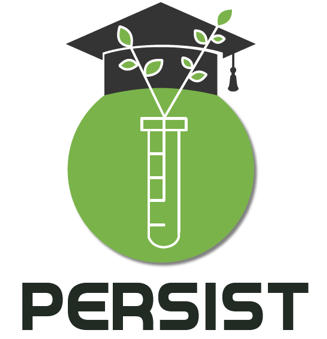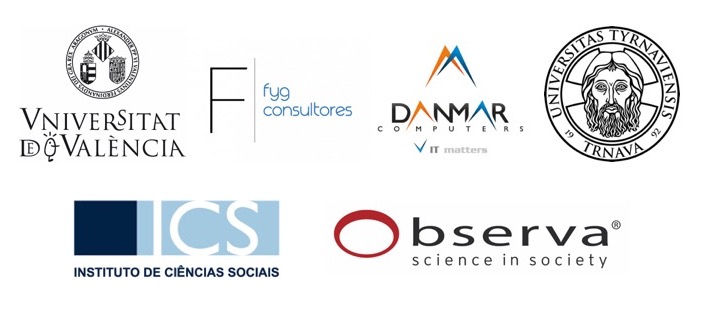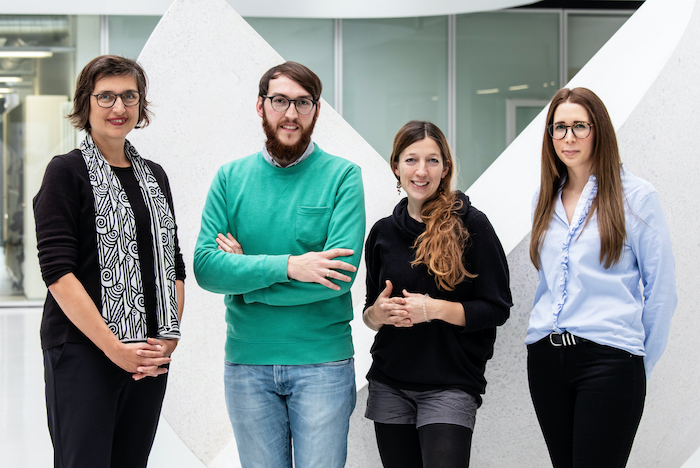Persist_EU: Knowledge, beliefs, Perceptions about Science of European Students
 Projektbeschreibung auf Deutsch
Projektbeschreibung auf Deutsch
A continuing democratisation of the European Union makes it necessary to promote active European citizenship. Without it, public participation in the policy-making process is not possible. The scientific literacy of individual citizens is becoming increasingly important for such participation in view of the constant scientificisation of their living environment.
However, earlier research results of the European project partners have shown that knowledge and beliefs about and perceptions of topics related to science and technology are primarily shaped by the social environment. In contrast, media use or general education seem to have only a marginal influence on the attitudes of citizens. Only further academic education can influence these attitudes.
The Erasmus+-funded project Persist_EU: Knowledge, beliefs, Perceptions about Science of European Students therefore deals with the assumptions of European students on topics that are characterized by scientific consensus but are controversially discussed in public. The project aims to investigate how they change within the framework of a participatory format with a scientific reference.
Project goals:
- To design an assessment tool that allows the evaluation of participatory formats with a scientific reference and to document changes in the perception of the topics dealt with among the participants before and after such training.
- Elaboration of indicators for the acquisition of scientific knowledge and resulting options for future implementation of such formats.
Activity / Procedure:
In spring 2020, 500 European students - including 100 from Karlsruhe - will be interviewed during a half-day Science Camp about their assumptions on four hot topics that are controversially discussed in public:
- Climate Change
- Use of vaccines
- Complementary and alternative medicine (e.g. homeopathy)
- Genetically modified organisms (GMOs)
During the course, experts will inform students about these four topics. Afterwards, the participants discuss risks and benefits or solutions. Both before and after the event, the knowledge, convictions and perceptions of the students are collected with the help of the assessment tool. This is not so much a matter of checking scientific factual knowledge, but rather of querying previous assumptions about these topics and how they have changed as a result of participation in the Science Camp.
The data obtained in this way are then quantitatively evaluated and interpreted on a cross-national basis. In autumn 2020, the results will be published in an online, open-access e-book.
Project duration: November 2018 - October 2020
Social Media
Cooperation Partners

- Universitat de Valencia, Spain (Coordinator)
- FyG Consultores, Spain
- Observa Science in Society, Italy
- Danmar Computers, Poland
- Trnava University, Slovakia
- Instituto de Ciências Sociais da Universidade de Lisboa, Portugal
Supported by

Team

